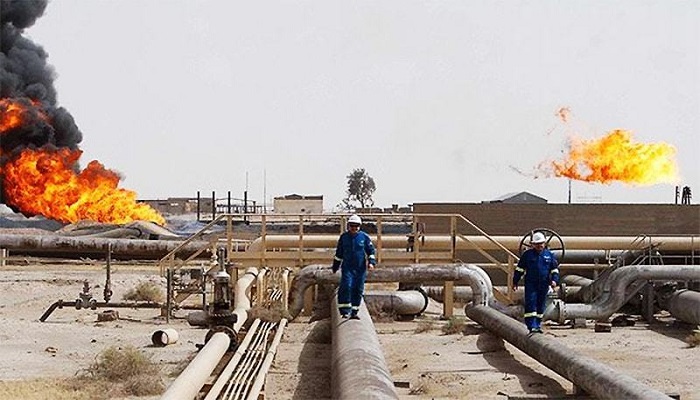A major financial irregularity has come to light as the Auditor General of Pakistan, in its audit report for fiscal year 2023–24, has declared a Rs116 billion subsidy payment to Sui Northern Gas Pipelines Limited illegal and in clear violation of regulatory and procedural frameworks.
The report, submitted to the Ministry of Energy and reviewed by relevant parliamentary committees, reveals that the subsidy was disbursed without formal approval from the Economic Coordination Committee and without verification from the Oil and Gas Regulatory Authority both of which are mandatory under existing financial controls for gas subsidy payments.
According to the AGP report, the Director General (DG) Gas within the Ministry of Energy bypassed ECC instructions by approving and executing the payment without ensuring prior verification of RLNG (Re-gasified Liquefied Natural Gas) volumes and costs through OGRA.
Under the ECC’s clear directives, no subsidy disbursement was to be made without third-party validation, typically conducted by OGRA. However, the report reveals that this crucial step was entirely omitted, compromising transparency and financial accountability.
Iran and Pakistan Agree on Joint Projects for Silk Road and Gwadar-Chabahar Connectivity
In another major lapse, the Rs116 billion payment for the RLNG subsidy was not part of the federal budget, nor was it presented before or approved by the ECC. This raises serious concerns about how such a large amount was allocated and transferred outside the standard budgetary process.

The AGP notes that this violates basic principles of fiscal governance, as all subsidies must be either budgeted in advance or supported through approved supplementary grants.
Although OGRA eventually conducted a third-party verification of RLNG volumes, the report clarifies that this occurred after the payments had already been made, rendering the verification process ineffective in terms of compliance.
Officials from the Ministry of Energy argue that OGRA’s confirmation justifies the expenditure post-facto, but the AGP maintains that the process cannot be regularized retroactively without breaching procedural rules.
In an attempt to address the financial anomaly, the Federal Cabinet later approved a supplementary grant of Rs50 billion toward gas subsidies. However, this covered less than half of the Rs116 billion already disbursed, leaving a significant portion of the payment unaccounted for within the formal budget framework.

In response to the AGP findings, the Departmental Accounts Committee (DAC) has directed the Ministry of Energy to initiate steps to regularize the payments and bring the matter in line with established financial protocols. It has also recommended that those responsible for the procedural violations be identified and held accountable.
Exclusive: Pakistan Faces Delay in Climate Funding Pledges, Only $4.17 Billion Received So Far
This revelation comes at a time when Pakistan is struggling with mounting circular debt in the energy sector and facing pressure from international lenders such as the IMF to improve fiscal transparency and reduce untargeted subsidies.
Energy sector experts say that such unaccounted subsidies distort market pricing, lead to inefficiencies in resource allocation, and further strain an already fragile financial system.



